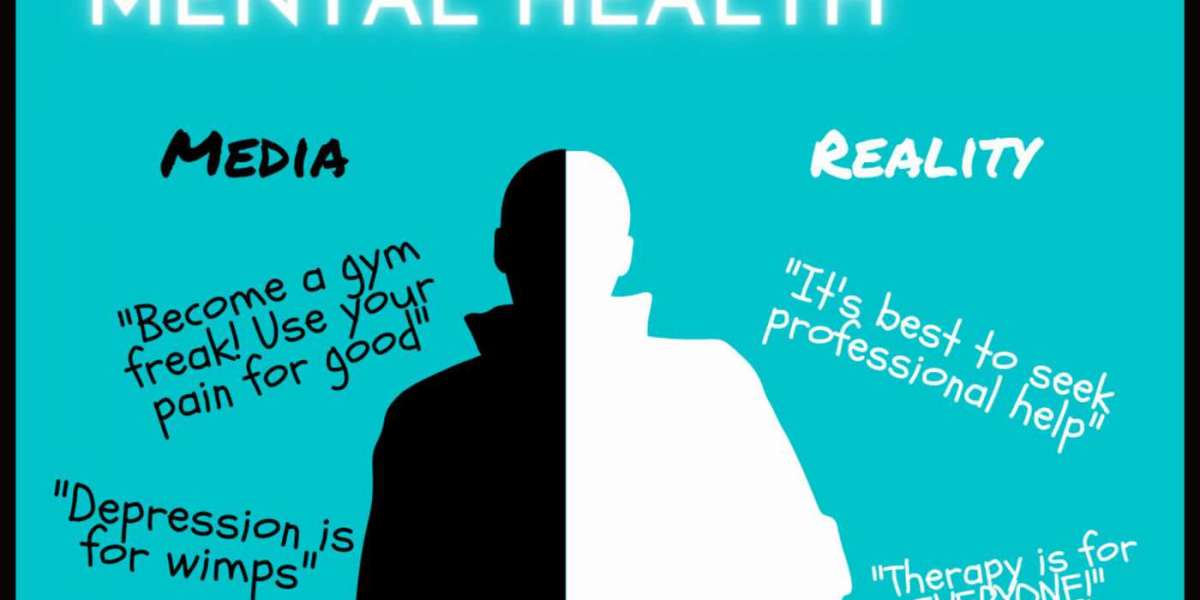Mental health is a topic that has gained more attention in recent years, and with this comes a responsibility to portray it in a responsible and accurate way in popular media. Unfortunately, the portrayal of mental health in movies, TV shows, and other forms of popular media has often been problematic, perpetuating harmful stereotypes and stigmatizing those with mental health conditions. In this blog, we will explore the portrayal of mental health in popular media, and the impact it can have on those who experience mental health conditions.
Misrepresentation and Stigma
The portrayal of mental health in popular media has often been stereotypical and stigmatizing. Characters with mental health conditions are often portrayed as dangerous, unpredictable, or violent, perpetuating harmful stereotypes and creating fear and misunderstanding around mental illness. This type of misrepresentation can be damaging, as it can lead to negative attitudes towards people with mental health conditions and discourage them from seeking help.
Another issue with the portrayal of mental health in popular media is that it often focuses on extreme cases, rather than the more common and less dramatic experiences of mental health conditions. This can create a sense of detachment from the reality of mental health, making it harder for those who experience it to relate to media portrayals and harder for others to understand the full scope of mental health.
More Responsible Representation
Fortunately, there are signs of progress in the representation of mental health in popular media. In recent years, there have been examples of more responsible and accurate portrayals of mental health conditions in movies and TV shows. These portrayals have included characters who are not defined solely by their mental health conditions, and who are shown to be living fulfilling lives despite their struggles. They also often focus on the importance of seeking help and support, and encourage empathy and understanding for those with mental health conditions.
One of the most positive developments in the portrayal of mental health in popular media has been the increasing representation of mental health professionals. This has helped to raise awareness of the importance of seeking professional help and reduce the stigma surrounding mental health treatment.
The Impact on Audiences
The portrayal of mental health in popular media can have a significant impact on audiences. Studies have shown that exposure to negative portrayals of mental health in popular media can lead to negative attitudes towards those with mental health conditions, and can discourage people from seeking help. On the other hand, positive portrayals of mental health can help to reduce stigma and encourage people to seek help when they need it.
The way mental health is portrayed in popular media can also affect those who experience mental health conditions directly. Seeing accurate and responsible portrayals of mental health can provide a sense of validation and reduce the sense of isolation that can come with experiencing mental health conditions. On the other hand, seeing inaccurate or stigmatizing portrayals can reinforce negative feelings and prevent people from seeking help.
In conclusion, the portrayal of mental health in popular media has been problematic in the past, perpetuating stereotypes and stigmatizing those with mental health conditions. However, there are signs of progress, with more responsible and accurate portrayals becoming more common. The impact of these portrayals on audiences can be significant, and it is important for popular media to continue to work towards creating accurate and responsible portrayals of mental health.







